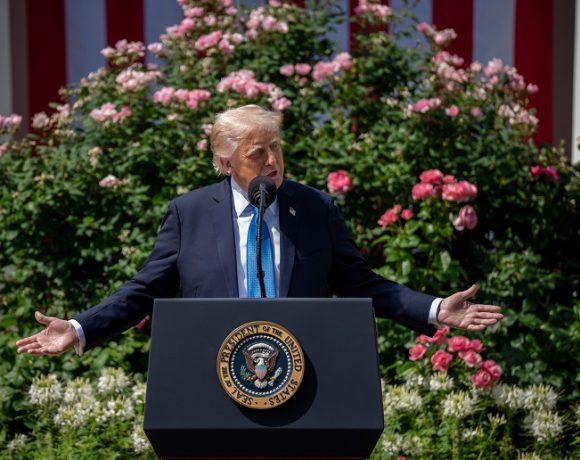
Federal Agencies Advise Employees to Disregard Musk’s Directive
Several US federal agencies have advised their employees to disregard a directive issued by Elon Musk, who heads the Department of Government Efficiency (DOGE). The directive, which required federal workers to submit detailed weekly accomplishment reports, warned that non-compliance could be interpreted as voluntary resignation. However, multiple agencies, including the FBI and State Department, have urged their employees to hold off on complying with the demand, citing legal and procedural concerns.
Legal Challenges and Employee Protections
The directive has raised concerns among legal experts, as federal employees operate under strict civil service laws that dictate their performance evaluations and termination protocols. Legal analysts argue that Musk does not have the unilateral authority to implement such a mandate across federal agencies.
In response, the American Federation of Government Employees (AFGE) has strongly condemned the directive, calling it “cruel and disrespectful.” The union has emphasized that such an order violates employee rights and has urged officials to retract the demand immediately.
Additionally, concerns have been raised about the privacy and security implications of compiling such reports, especially for employees handling classified or sensitive information. Many government officials believe that this mandate could interfere with national security protocols and bureaucratic independence.
Growing Uncertainty Among Federal Workers
Federal employees are now caught in a state of confusion and anxiety, with agencies offering inconsistent guidance on the matter. While some departments have explicitly rejected the directive, others have remained silent, leaving workers uncertain about potential consequences.
Many employees have expressed frustration, questioning the practicality and necessity of the directive. Some believe it oversimplifies their roles, while others fear that reported information could be misused for political or administrative restructuring. The situation has also sparked debates about executive overreach, with critics arguing that such mandates disrupt federal agency autonomy.
As the controversy unfolds, the legal standing of Musk’s directive remains unclear. Federal agencies are expected to review their policies before taking any action, ensuring that employee rights and agency independence remain protected.


















